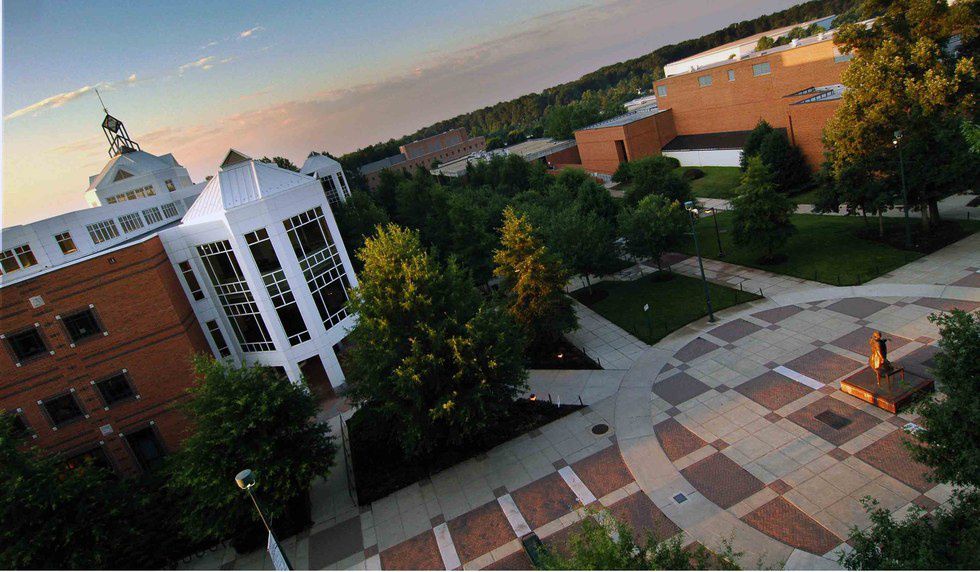Universities have been historically known as institutions where different ideas, cultures, and attitudes are able to interact and meld with each other. A dissenting voice is not meant to be immediately shunned on the ideal university campus, but rather taken into account and challenged in a professional and academic manner. Meanwhile, there may even be bitter ideological differences between students or academics, but there is always a general sense of the value of knowledge exchange.
Yet are universities really such strongholds of free speech? I'd argue that they are not, and that they have in fact become quite the opposite: environments where idea-suppression is commonplace, and civil discussion is restrained.
The stifling of thought and opinion has become endemic in universities across the country, as well as in the United States as a whole. Oftentimes, anyone who takes up a position opposing a mainstream political view is immediately disregarded, and real discussion about the subject might not even be an afterthought. Not only does such suffocation of ideas make debate impossible, but it also excludes students who may have valuable perspectives from any level of conversation. How, though, has this culture of oppression come about?
As a Conflict Analysis and Resolution major at George Mason University, I've found that both students and faculty often imply that offending another individual infringes on that individual's rights and liberties. By offending someone (whether it be via name-calling, making crude jokes, stealing one's culture, or refusing to acknowledge your own privilege), you are invoking negative feelings and damaging his or her self-worth. As such, that individual's ability to function as a member of society is severely disrespected and undermined.
The negative effects of being offended have come to the forefront of social justice efforts, and as such are inundating college campuses across the country. However, the things that one can be offended by now range from differing political views to the color of Starbucks cups. While the sentiment of this movement may be good, the way in which many schools and groups are handling it is terrible; free speech, one of the founding values of this country, is being infringed upon by the very institutions that are meant to provide for the exchange of ideas and opinions in an academic environment.
On top of the institution's role in suppressing ideas, there are documented instances of political groups being muzzled through intrusive activism, rather than engaged in constructive dialogue. There have even been threats of sexual assault doled out to those who have voiced unpopular opinions. The university culture has become one of shame and caustic stubbornness, with students and faculty often humiliating, actively debasing, and refusing to lend legitimacy to those whose opinions are not popular enough.
My purpose in writing this is to make known the dangerous implications of shaming those who might not agree with you. Instead of alienating opposing views and seeing them as the enemy, see the difference in perspective as an opportunity to have a discussion. Otherwise, you may end up creating yet another disillusioned individual that refuses to acknowledge other people's viewpoints, bringing about an even more divisive society than we had before.
We're all students, and many of us are Americans. Free speech is the first amendment for a reason: so that no voices are silenced, no opinions unheard, and no citizens left behind. You will certainly come across those whose perspectives are not in line with yours, and you may even come across those whose perspectives are morally reprehensible. However, always remember that the open discourse of ideas and perspectives is conducive to education, and the second that a voice is taken away (whether it be through institutional rules or voluntary suppression) is the second that we've lost our value as a university, and a democratic society.























